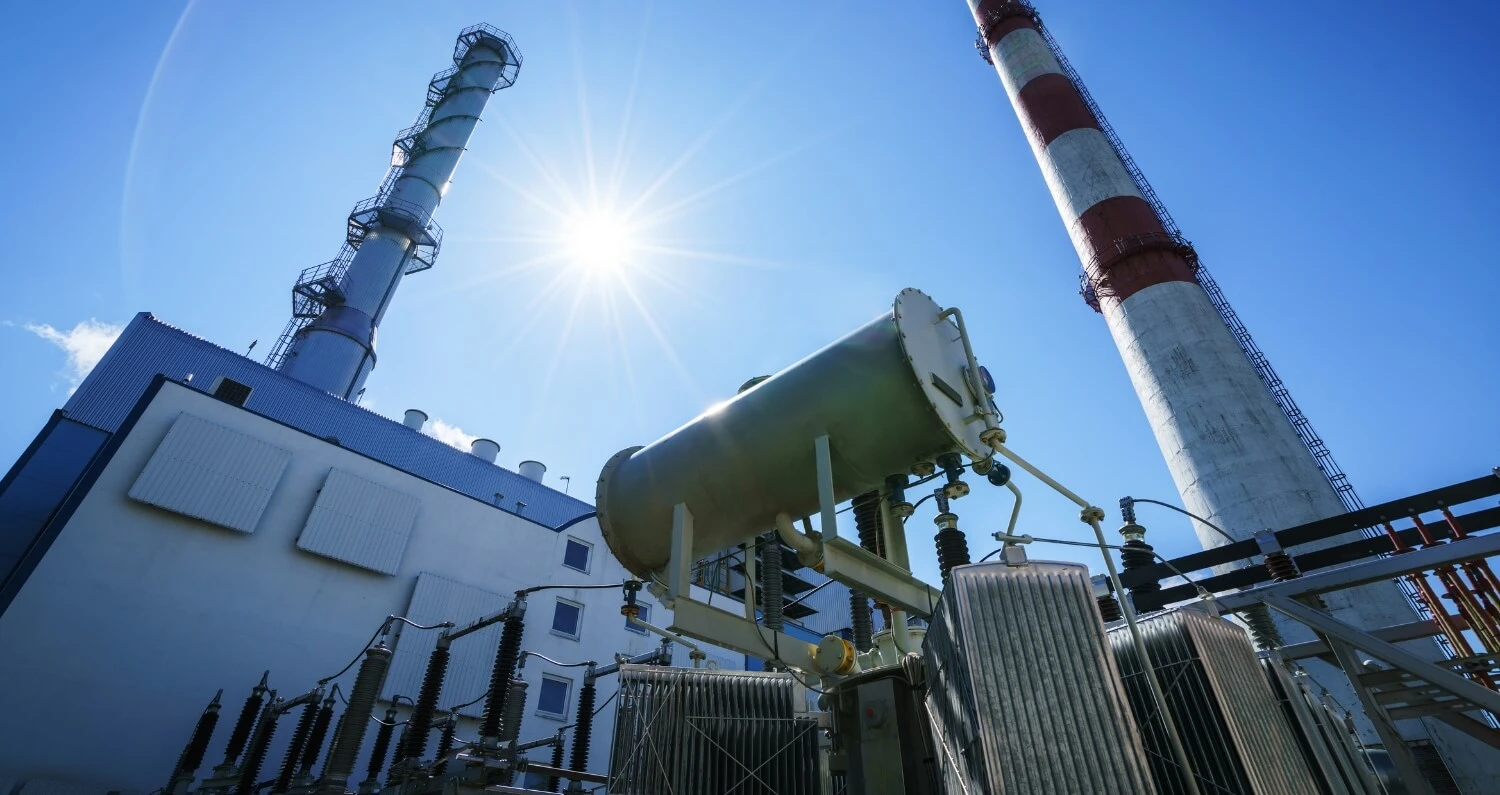The EPA has significantly expanded its clean energy programs over the last decade. These programs include initiatives to support various alternative energy applications, like wind and solar.
While you have undoubtedly heard of these two green energy production methods, another alternative has been picking up steam in recent years.
This process involves the “joint production” of two or more types of energy from one source and is also known as cogeneration. Cogeneration typically generates thermal energy and mechanical energy.
CHP has primarily been used in industrial settings. However, it is entering into the residential space and can help you lower your utility bill.
Understanding Current Power Generation Trends
Last year, utility costs jumped to historic levels. Unfortunately, energy costs remain incredibly high, which means you can expect to pay more to keep your home at a comfortable temperature and power your appliances.
Cogeneration has the potential to help cut costs among utility companies by enabling them to work with greater efficiency. Traditional applications typically have an efficiency of around 40-50%, whereas cogeneration solutions can reach efficiency levels as high as 90%.
Despite this, the total number of power generation facilities using cogeneration has declined over the last decade. According to Statista, there were over 250 CHP plants in 2010.
As of 2021, that figure has dropped to approximately 200 facilities, demonstrating that many utility providers are transitioning from CHP in favor of alternative energy applications.
What Is Residential Cogeneration?
Residential cogeneration relies on micro-CHP systems, which are scaled-down versions of traditional cogeneration technology. These systems follow the same basic principles as their full-sized counterparts.
When you burn propane, you will generate mechanical energy. This energy will turn the turbine and then generate electricity. The heat energy will be captured and used for other purposes, such as creating steam or warming your home.
Micro-CHP units have a similar footprint to a residential boiler, meaning you will not need to install some unsightly contraption outside of your home that you’re embarrassed to show off to the neighbors. This is especially good news if your local HOA takes its job a little too seriously.
These systems are also extremely efficient, with top options capturing up to 95% of the energy generated by burning propane. So, you might be able to save a bundle and avoid any run-ins with that pushy homeowner’s association. That’s surely a win-win.
Is Residential Cogen Really the Answer?
Residential cogeneration technologies are part of the solution. By investing in a residential cogen system, you can decrease energy consumption and cut down on utility costs. However, these systems aren’t a cure-all.
If your goal is to minimize utility costs and reduce your environmental impact, you should also explore multiple alternative energy applications, like solar. Additionally, you’ll need to swap out inefficient appliances with cleaner options, like propane-powered ranges and heaters.
Cumulatively, these efforts can make a huge impact on your household’s emissions and save you a bundle in the process.
Explore Energy-Smart Alternatives with Paraco HVAC
Would you like to learn more about cogeneration energy, smart alternatives, and ways to save on your utility bill? If so, then we invite you to connect with Paraco HVAC.
continue reading



